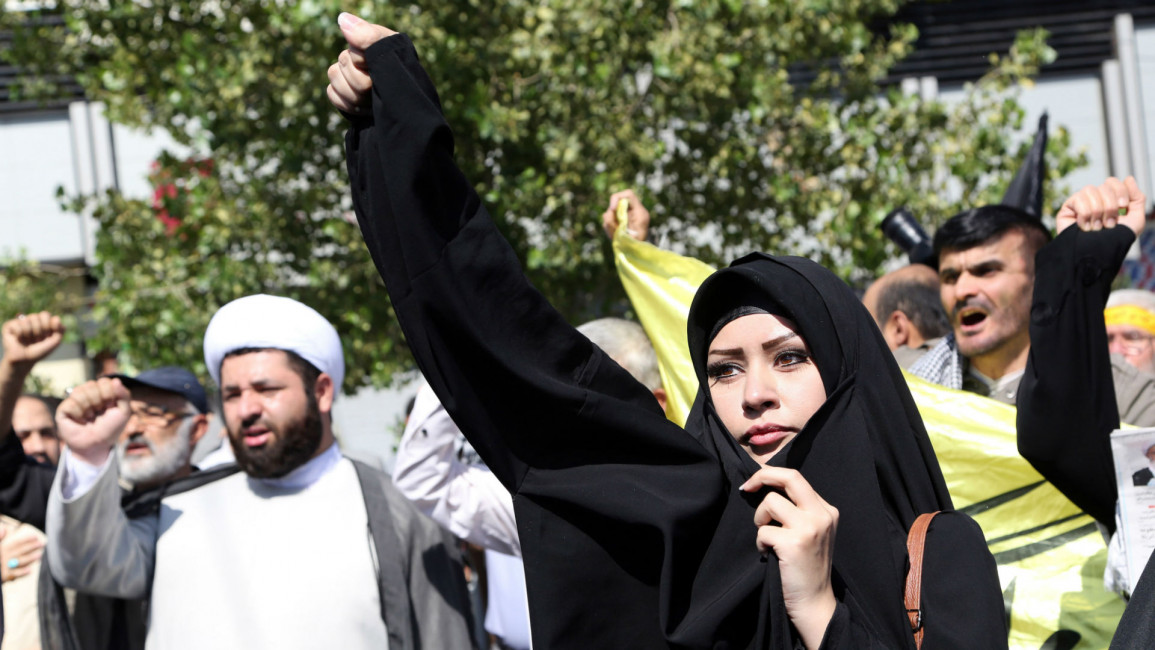Will Saudi Arabia and Iran end their dangerous rift?
Iran and Saudi Arabia have started historic talks, which could end a long and escalating rift between the regional rivals.
"Direct dialogue" is now taking place between the two Islamic powerhouses, Tehran said on Monday.
"Diplomatic efforts are underway between Iran and Saudi Arabia to prepare the ground for direct dialogue to resolve differences and regional issues," Hossein Jaber Ansari, Iran's foreign ministry spokesperson said.
Saudi Arabia could also be about to send its first ambassador to Iran in over a year.
If true, this would be one of the most significant signs of a detente between the two countries in many years.
Relations between the two countries have been strained since the Islamic Revolution in 1979, when Tehran called for an uprising in Saudi Arabia against the ruling al-Saud family.
Iran is an Islamic republic and ruled by Shia clerics, including Supreme Leader Ayatollah Ali Khamanei.
Saudi Arabia is home to Islam's two holiest sites - Mecca and Medina - and ruled by a royal family with strong links to the country's Wahhabi-dominated clergy.
Both countries enforce strict interpreations of Islamic law, and are viewed as the two most influential countries in the region.
Tehran and Riyadh are battling for regional influence through a number of regional conflicts including Syria, Yemen and Bahrain.
Saudi Arabia is said to be backing the Sunni-majority Syrian armed opposition, while the country's President Bashar al-Assad is supported by Iran with oil, advisors and fighters.
However, the Iranian official was cautious about recent Saudi Arabia's recent unveiling of a 34 member Islamic anti-terror bloc, which excluded Iran, Iraq and Syria.
Saudi Arabia's "actions must be consistent with their words and they should avoid double standards", Ansari said.
He also said that any "action against terrorism" must respect "the territorial integrity and national sovereignty" of countries where operations take place.
Tensions between the two countries have reached a new low due to Riyadh's sceptism, regarding a nuclear deal signed between the West and Iran.
Saudi Arabia also came under fire for its handling of a stampede in Mecca during Hajj, which Tehran said killed 464 Iranian pilgrims.
Riyadh claimed 770 people died during the Hajj disaster while Iran put the figure at 4,600.
Tehran has used the event to call for Saudi Arabia to be stripped of its right to organise the annual religious tradition, seen as a direct attack on the ruling Saudi dynasty who claim legitimacy through their guardianship of the two holy sites of Islam.



